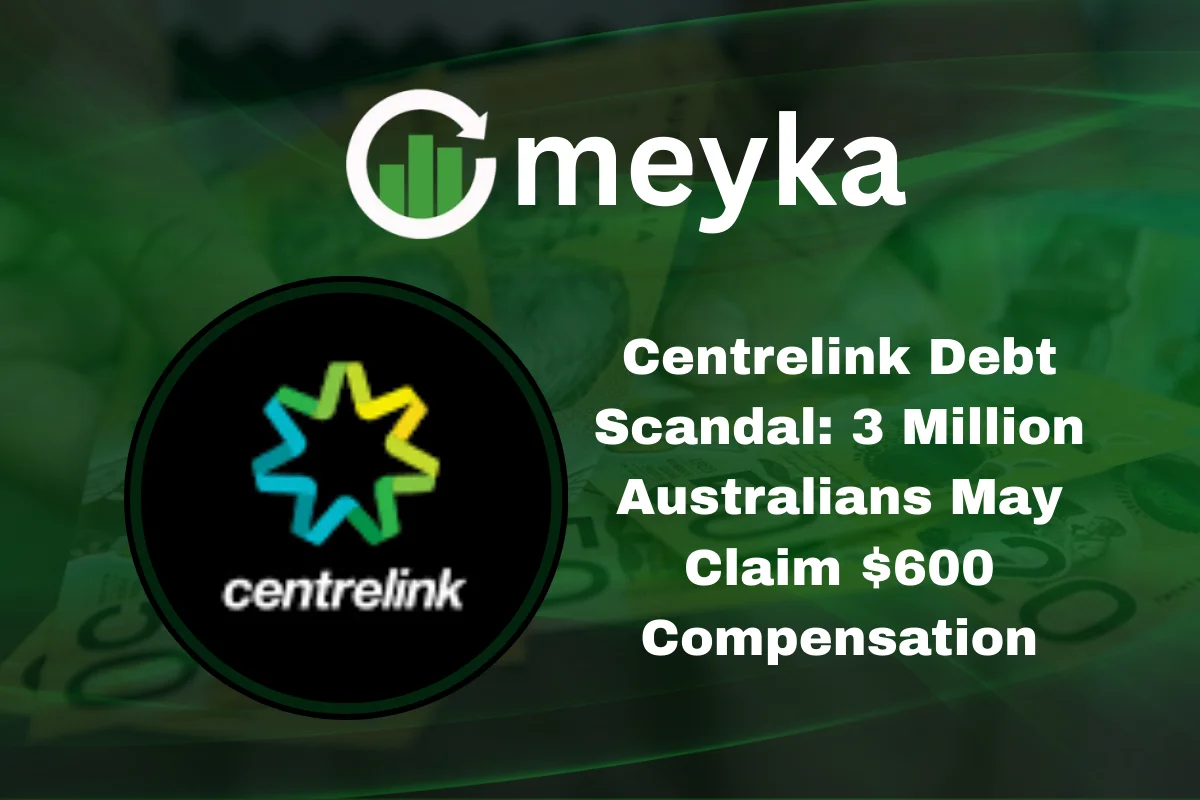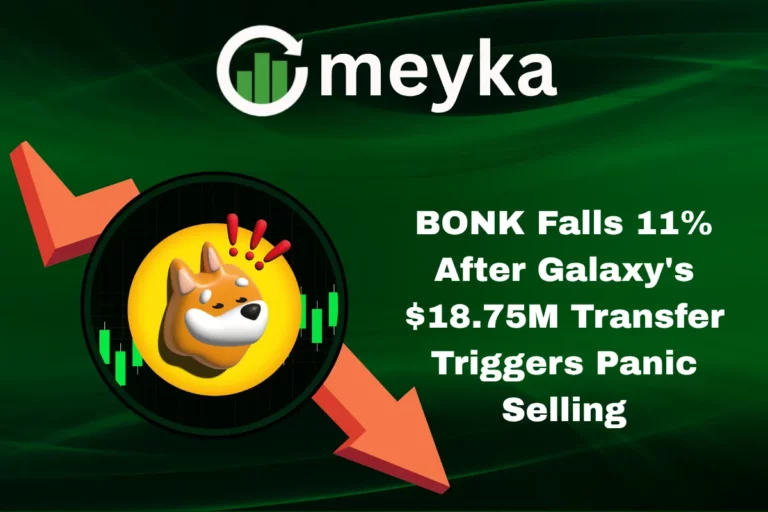Centrelink Debt Scandal: 3 Million Australians May Claim $600 Compensation
The Centrelink Debt Scandal has shaken public trust in Australia’s welfare system. With nearly three million Australians now eligible to claim a $600 compensation payment, the issue continues to dominate national headlines. This scandal, often linked with the infamous Robodebt scheme, highlights how flawed government processes can impact millions of citizens.
Understanding the Centrelink Debt Scandal
The Centrelink Debt Scandal revolves around the government’s use of an automated debt recovery system that wrongfully accused Australians of owing money to Centrelink. Many were issued false debt notices, with some cases leading to severe financial and emotional distress.
The program calculated debts based on income averaging, which often did not reflect the actual earnings of individuals. Instead of cross-checking precise income details, the system averaged the yearly income reported to the tax office and compared it with fortnightly Centrelink payments. This method produced thousands of incorrect debts, unfairly targeting vulnerable Australians.
Government Response and Compensation Plan
Following public outrage, court cases, and a royal commission, the Australian government admitted the scheme was unlawful. After years of legal battles, the government settled a class action lawsuit by agreeing to compensate affected individuals.
As part of this settlement, nearly three million Australians may now claim $600 as recognition of the financial and emotional toll caused by the unlawful debt recovery system. For many, this payment symbolizes accountability, though critics argue it does not fully address the long-term harm caused.
Impact on Everyday Australians
The scandal affected people from all walks of life, including students, parents, the unemployed, and pensioners. Some were wrongly accused of owing thousands of dollars, with debt collectors pursuing them aggressively.
For many, the experience caused stress, anxiety, and financial hardship. Some people entered repayment plans they did not owe, while others were forced to prove their innocence against incorrect government records. Tragically, reports also linked the scheme to several suicides, making this one of the darkest chapters in Australia’s welfare history.
How to Check Eligibility for Compensation
The government has outlined steps for eligible Australians to claim their Centrelink compensation.
- Affected individuals will receive communication directly from Services Australia.
- Payments will be processed automatically for most eligible recipients.
- Those unsure of their eligibility should check via the Services Australia portal or contact Centrelink support services.
Most people who received debts under the income-averaging system between 2015 and 2019 are likely eligible. According to government statements, individuals will not need to apply separately if already included in the class action database.
Political and Social Repercussions
The Centrelink Debt Scandal has broader implications for governance in Australia. The Robodebt Royal Commission revealed failures in accountability, transparency, and ethical decision-making. Critics accused the government of ignoring early warnings about the scheme’s legality and pressing ahead despite the potential risks to citizens.
Public trust in government agencies suffered significantly. Welfare recipients, already in vulnerable positions, felt unfairly targeted by a system meant to support them.
The scandal has also raised questions about the use of artificial intelligence (AI) and automation in government processes. Just as investors monitor AI stocks for innovation in the private sector, governments are increasingly relying on technology. This case, however, shows the importance of proper oversight before integrating automated systems into critical social services.
Lessons Learned from the Centrelink Debt Scandal
This scandal serves as a powerful reminder that technology in governance must balance efficiency with fairness. The unlawful debt scheme demonstrated what happens when cost-cutting takes priority over human welfare.
Key lessons include:
- Transparency is essential: Government programs must clearly explain how decisions are made.
- Human oversight is non-negotiable: Automation without accountability can cause widespread harm.
- Support over punishment: Welfare systems should focus on assisting citizens rather than penalizing them.
These principles apply not only to welfare systems but also to corporate environments, particularly in sectors like the stock market, where AI-driven trading must balance accuracy with ethics.
Financial and Legal Ramifications
The scandal has cost the government billions in refunds and compensation. Beyond the $600 payments, the class action settlement required the government to return unlawfully collected debts, amounting to over $1.7 billion.
Legal experts suggest this case will influence future policymaking, ensuring governments cannot bypass accountability mechanisms. It may also serve as a precedent for similar cases internationally, where automation has been misused in social services.
The Road Ahead for Australia’s Welfare System
Rebuilding public trust will not be easy. The government has pledged reforms to Services Australia to prevent similar failures. These reforms include:
- Stronger oversight of automated systems.
- Clearer communication with welfare recipients.
- Independent reviews of future debt recovery programs.
For Australians, the Centrelink Debt Scandal will remain a reminder of how vital it is to safeguard welfare systems from exploitation and mismanagement.
Conclusion
The Centrelink Debt Scandal has left a lasting mark on Australian society. While the $600 compensation provides some recognition of the harm caused, it cannot undo the years of distress endured by millions. This case is not just about unlawful debts; it is about accountability, fairness, and the need to ensure government systems serve people, not harm them.
As Australia moves forward, the lessons from this scandal must shape future policies. Welfare systems must protect the vulnerable, and governments must use technology responsibly. Only then will public confidence be restored.
FAQs
Those who received unlawful debt notices under Centrelink’s income-averaging system between 2015 and 2019 are eligible. Most recipients will be contacted automatically by Services Australia.
In most cases, no. Eligible Australians will receive the payment directly if they were included in the class action settlement.
The government has refunded more than $1.7 billion in unlawful debts and will now distribute additional compensation payments, including the $600 payment for nearly three million Australians.
Disclaimer:
This content is made for learning only. It is not meant to give financial advice. Always check the facts yourself. Financial decisions need detailed research.






